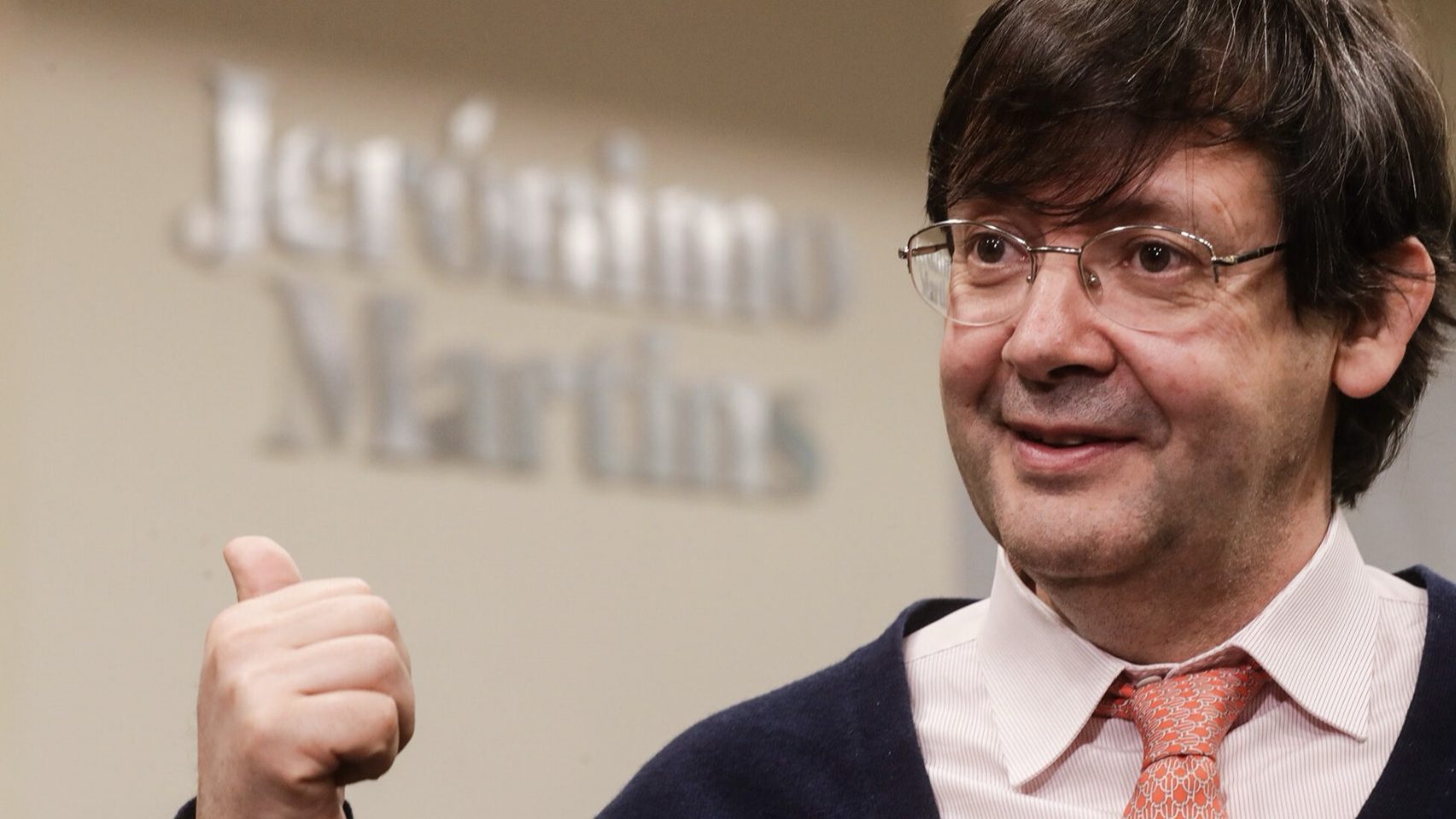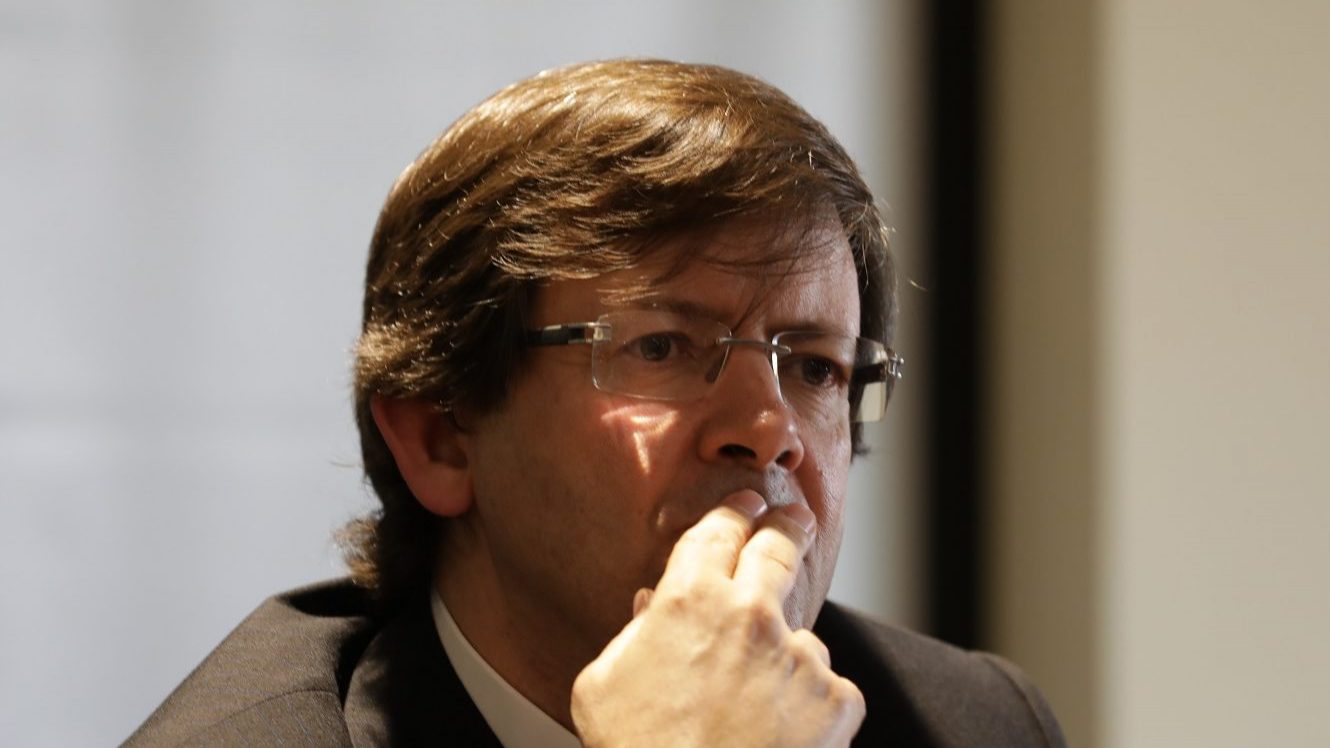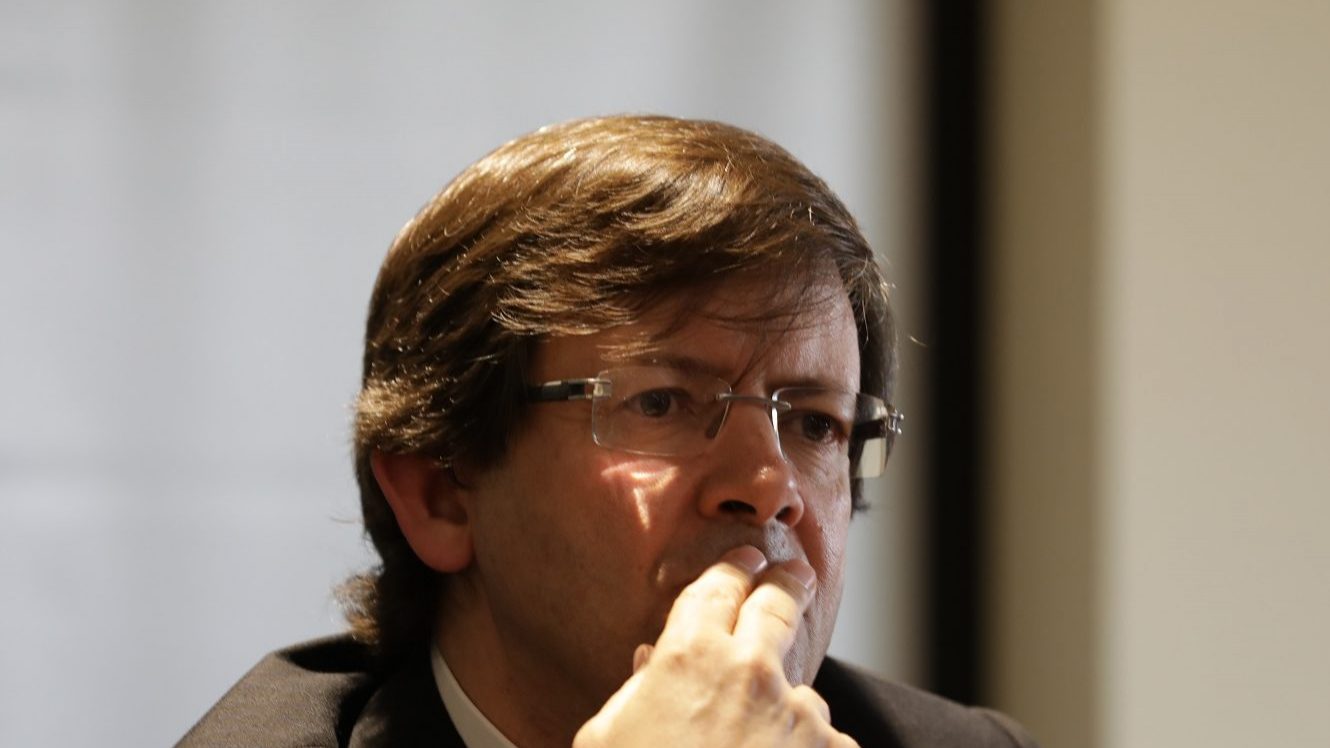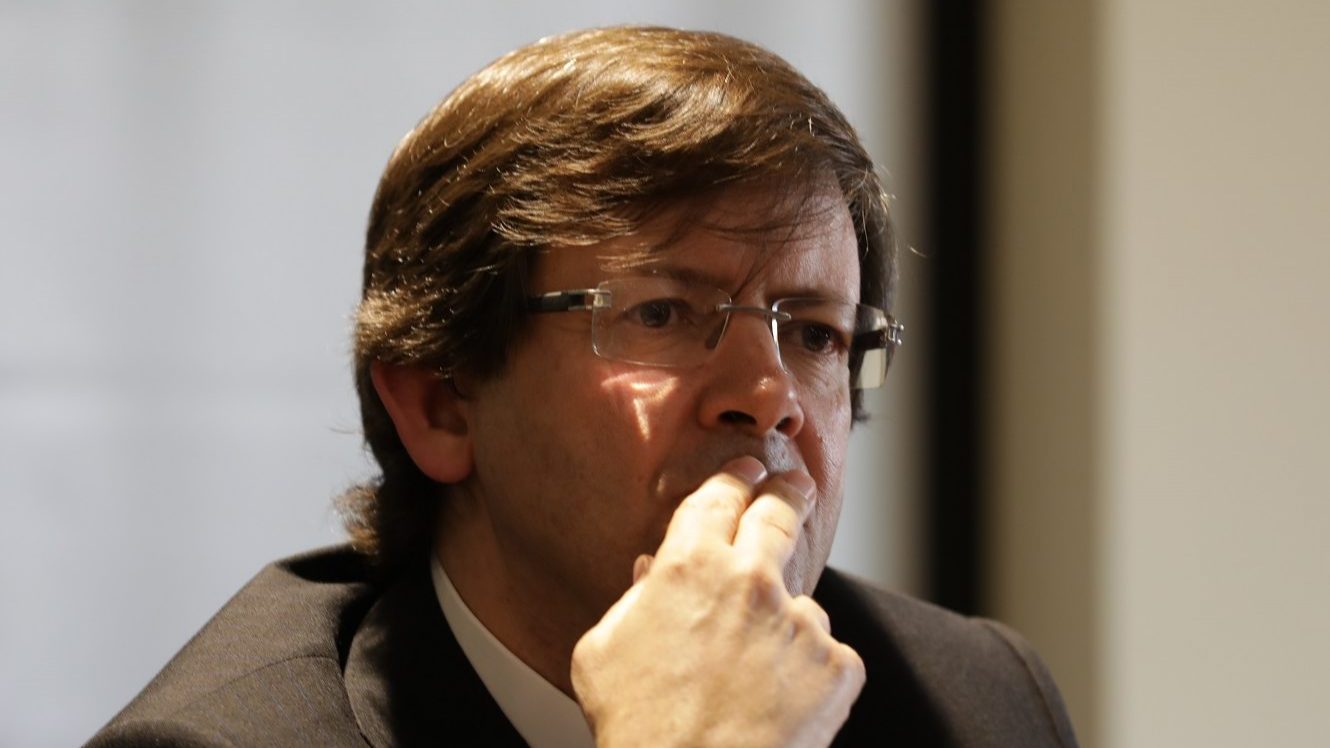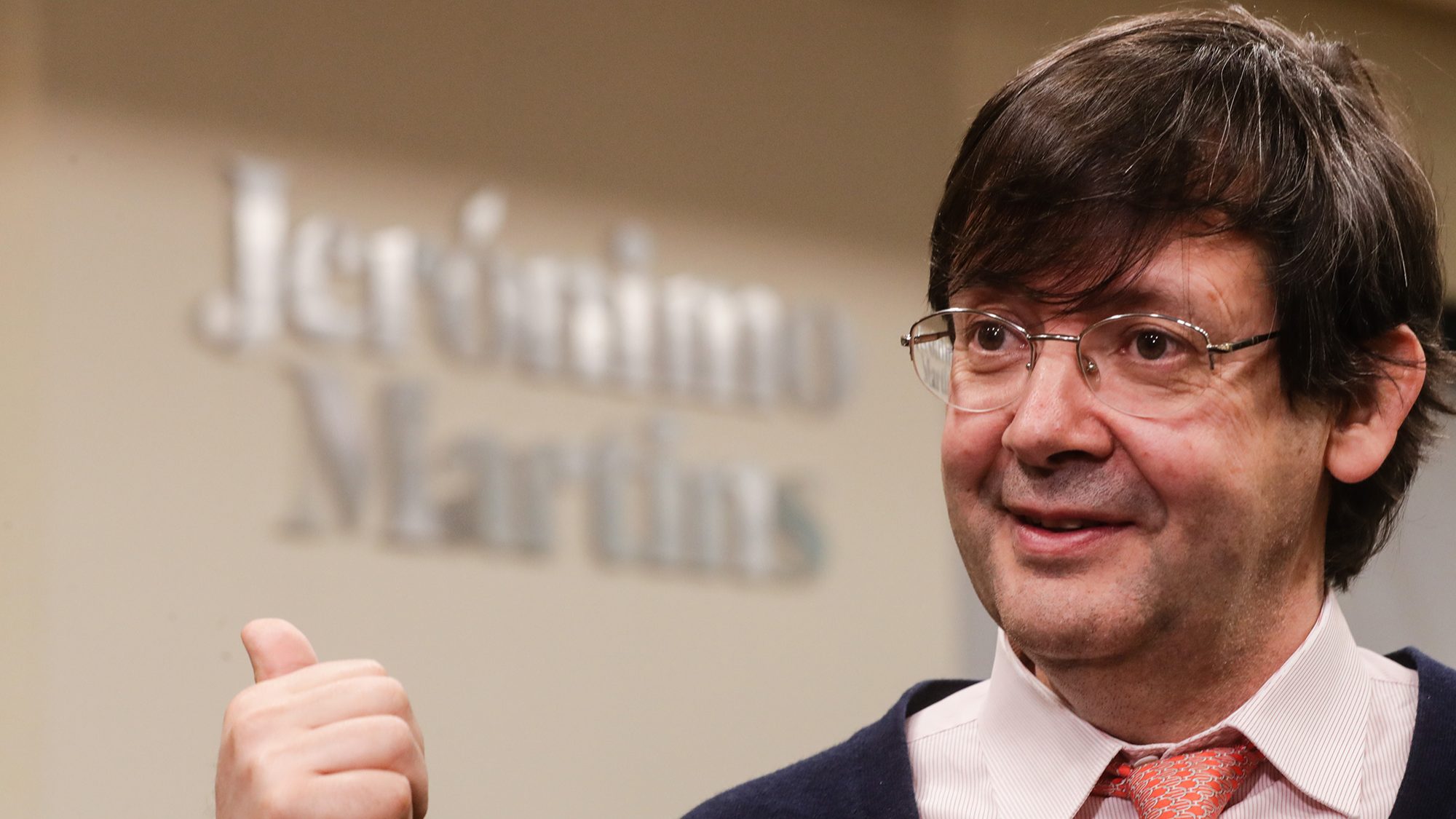Retailer Jerónimo Martins ‘fattens up’ on Norwegian salmon and becomes sole boss of Hussel
Jerónimo Martins' agri-food arm increases its stake in Norway's Andfjord Salmon to 30% and doubles its aquaculture business in Algarve. German partner's bankruptcy bitters the chocolate business.
After a decade of investment in agri-food, divided into four business areas — dairy industry, the only one already in the consolidation phase; farming; aquaculture; fruit and vegetables — and with units and holdings in Portugal, Morocco and Norway, the Jerónimo Martins group already employs more than 500 people in these extra-retail activities in which it guarantees to maintain “strong growth plans”.
It is on the remote island of Andøya, in the Arctic archipelago of Vesterålen, that the owner of Pingo Doce, Poland’s Biedronka and Colombia’s Ara has a financial stake in Andfjord Salmon, which it “has been reinforcing in the various phases of the capital increase”. At cruising speed and with the coastal properties already secured, the expected production volume exceeds 90,000 tonnes per year.
Without quantifying the investment, an official Jerónimo Martins source told ECO that “after a new increase, carried out at the beginning of 2025, [from the previous 25%] it now has 30%, making it the largest shareholder”. The Norwegian salmon farming company is “totally market-orientated and expects to start production at the end of 2025”, said the group, which in the first quarter increased its profits by 31.4% to 127 million euros.
Also in aquaculture, where internationalisation began in 2021 with the acquisition of a majority stake in a company in Morocco for offshore production in the Mediterranean, last year the group’s agri-food arm, led by former Agriculture Minister António Serrano, sold a total of 4,170 tonnes of sea bream and sea bass, also produced in Sines, Madeira and Vila Real de Santo António.
In 2024, Seaculture finalised the logistics structure project in this town, including onshore (building and support pier), as well as a packaging unit to support the operation. When asked about this investment in the Algarve operation, the group said only that “at this stage we are doubling the size of this unit”, which started with 1,500 tonnes.
From fish to farming, through the original Best Farmer and the Ovinos da Tapada company, in which it invested in 2021, the group that will continue to be led by Pedro Soares dos Santos is dedicated to the production of meat — it sold 11,600 Angus cattle and 70,000 lambs in 2024 –, milk (11 million litres in the same period) and also cereals and pastures, which ensure more than 70% of the animals’ feed needs.
In the farming business, as reported in the annual report and accounts for the last financial year, the main developments in the Angus meat production business were the start of operations at a new unit located in Pernes, in the municipality of Santarém; and the expansion of fattening capacity and the start-up of the new cowshed with robotic milking in Alentejo (Monte de Trigo).
Finally, in the fruit and vegetable sector, as it had already reported to the market in the middle of last year, it now owns 100% of the company Outro Chão, with 115 hectares for the production of seedless grapes which it sells under the ‘hey,vita!’ brand. It bought the remaining 20% from businessman António Silvestre Ferreira, founder of the Vale da Rosa group — whose recovery plan imposed losses of eight million euros on the banks.
On the other hand, Jerónimo Martins Agroalimentar increased its stake in SupremeFruits from 50% to 80%, a producer of stone fruit such as peaches, nectarines and plums, and mandarin tango, which is scheduled to be harvested for the first time in 2027. With around 200 hectares, this company is the result of a joint venture created in 2023 with the Nuvi Group, owned by businessman Luís Vicente, in which he made an initial investment of seven million euros.
Bankruptcy in Germany ‘bitters’ Hussel’s business
Less encouraging are the business prospects in specialised retail, after a “tough year” for the Jeronymo and Hussel chains, which “restructured their operations, with a profound change in management and a redefinition of their business models”, challenged by the “continued increase in the main operating costs (human resources, rents and raw materials, mainly coffee and cocoa) and a reduction in margins to respond to the decrease in consumer purchasing power”.
While “as a result of this difficult context” the chain of coffee shops that sprang up in 2002 closed three shops (it now has 22), it saw sales grow by 5.9% last year in year-on-year terms. On the other hand, the turnover of the chain specialising in chocolates and confectionery shrank by 1.4% in the same period, while continuing to sell in 20 bomboneries mainly distributed throughout the main shopping centres in Portugal.
The group describes in the document sent to the CMVM, the Portuguese Securities Market Commission, that Hussel’s operation in the country “faced a very demanding year, marked by more difficult commercial negotiations with its main suppliers”, as a result of the bankruptcy of the minority shareholder (49%) and partner of Jerónimo Martins in Germany. With the amortisation of the shares held by Hussel GmbH and the corresponding reduction in share capital, decided in November, the Portuguese group now owns 100% of Hussel Ibéria.
Asked if it is looking for a new partner for this business, following the insolvency of the historic German company, founded in 1949 in Hagen, an official source told ECO that “it [sees] no need to have another capital partner”. As for plans to open or close Hussel shops in the country, the official emphasised that “the shop network is not watertight” and that these decisions “stem mainly from localisation opportunities”, adding that “no changes are planned at the moment”.
